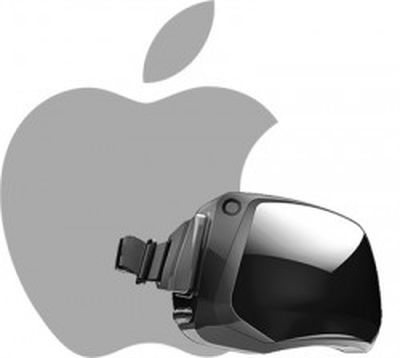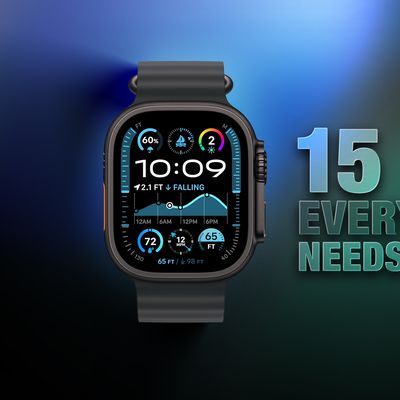 Sales related to virtual reality and augmented reality products "have been weaker than expected," according to data collected by a number of market research firms and shared by DigiTimes.
Sales related to virtual reality and augmented reality products "have been weaker than expected," according to data collected by a number of market research firms and shared by DigiTimes.
A lack of content and expensive prices, specifically for VR headsets, are two factors said to be at the center of the weak demand for the technology as 2016 closes out. The results could potentially have a negative effect on companies investing in VR and AR technology development, including Apple.
The market watchers noted that Sony's PSVR, Google's Daydream View, HTC's Vive, Samsung Electronics' Gear VR, and the Oculus Rift all ended up with sales figures weaker than their initial expectations. Coming out of Black Friday and Cyber Monday last week, the research firm SuperData noted that VR headsets have been "the biggest loser" this holiday season.
Because of the slower-than-expected consumer adoption of each technology, companies rumored to be investing in VR and AR products are believed to be feeling "pressured" about such investments. Specifically, HTC was noted as "seeing decreasing share in the worldwide smartphone market" while waiting for its Vive headset to contribute profits.
Many research firms' numbers also have shown that VR product sales in 2016 have been weaker than expected due to lack of content and high product costs. VR/AR technologies also require more improvement in order to stimulate demand from both the consumer and enterprise sectors.
It will take more time before the VR/AR market may begin enjoying robust growth, and such a slower-than-expected development is putting pressure on firms that have invested resources into related development, such as HTC, which is seeing decreasing share in the worldwide smartphone market while its Vive has yet to start contributing profits. The year of 2017 could be a difficult one for HTC.
Although Apple's relation to such technology has leaned more towards an AR experience -- most recently suggesting a feature that would be integrated into the iOS camera app -- the company has been rumored to be developing a full-on VR headset as well. If included in pre-existing apps within iOS, an augmented reality experience by Apple would be less risky for it to undertake, but some rumors also point towards a separate product category coming down the line.
It's unclear when Apple's decade-long investment in VR/AR development might come to fruition in a consumer product, but some basic AR experiences have already proven popular on the company's devices, including this summer's gaming phenomenon Pokémon Go.




















